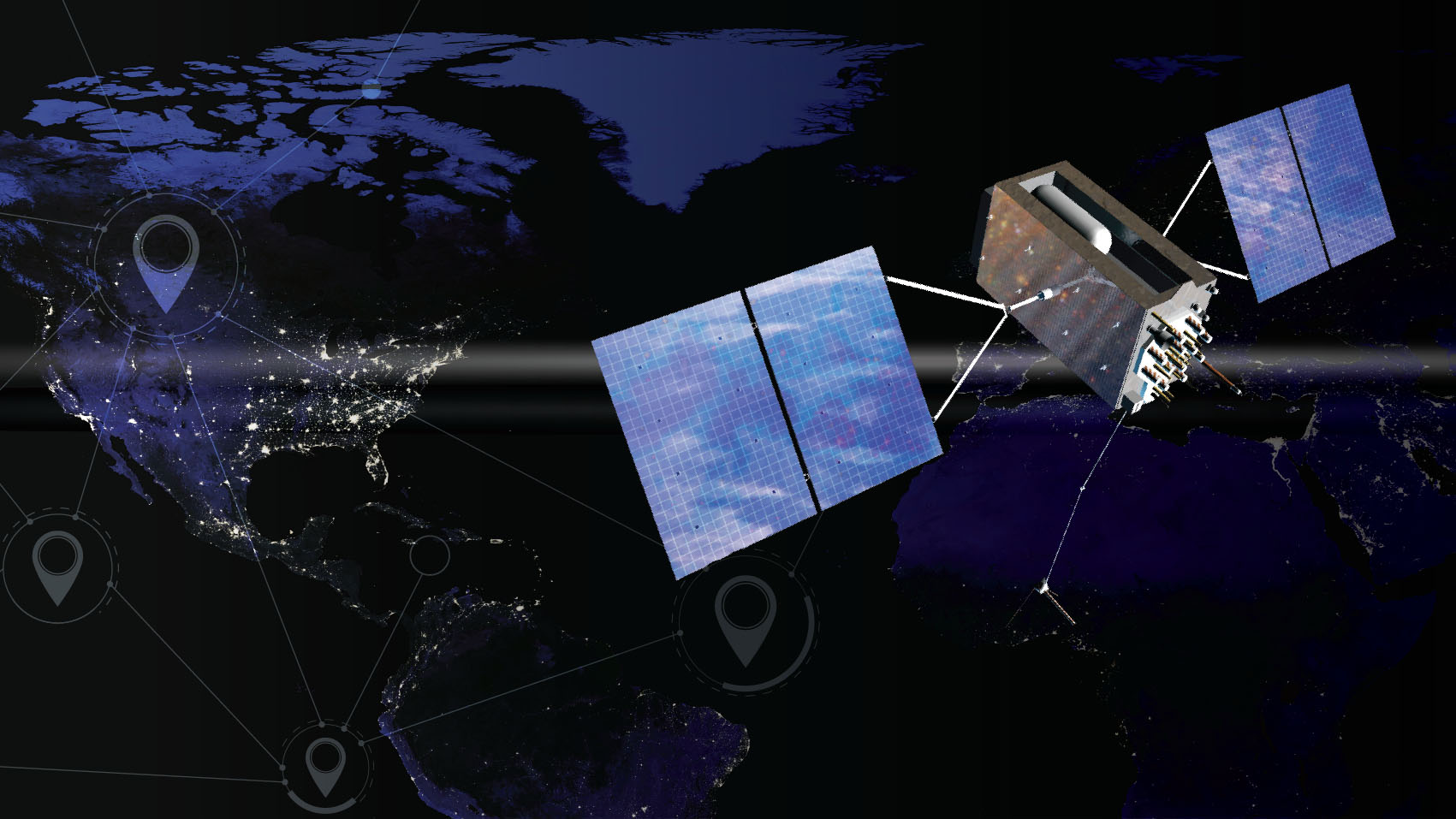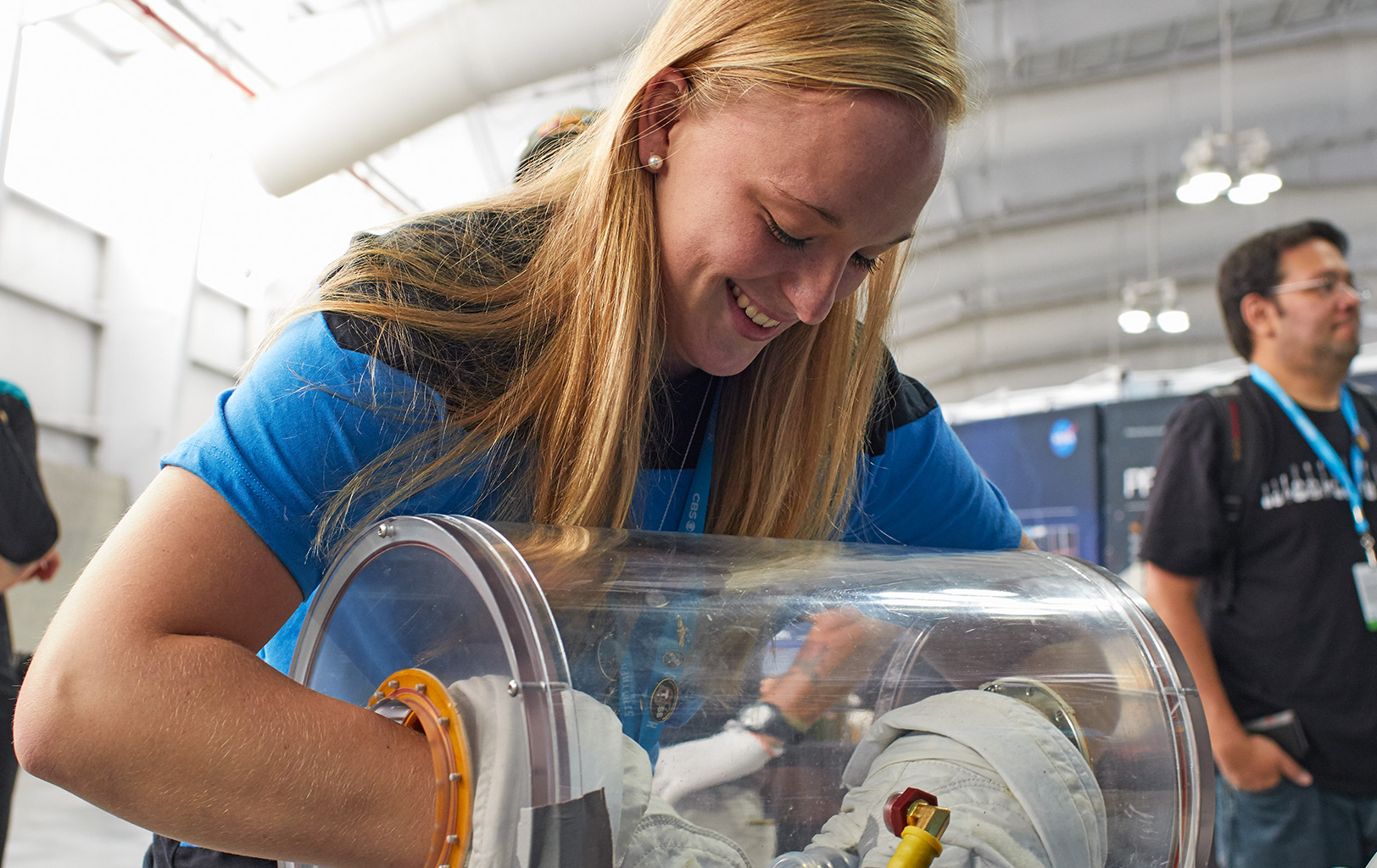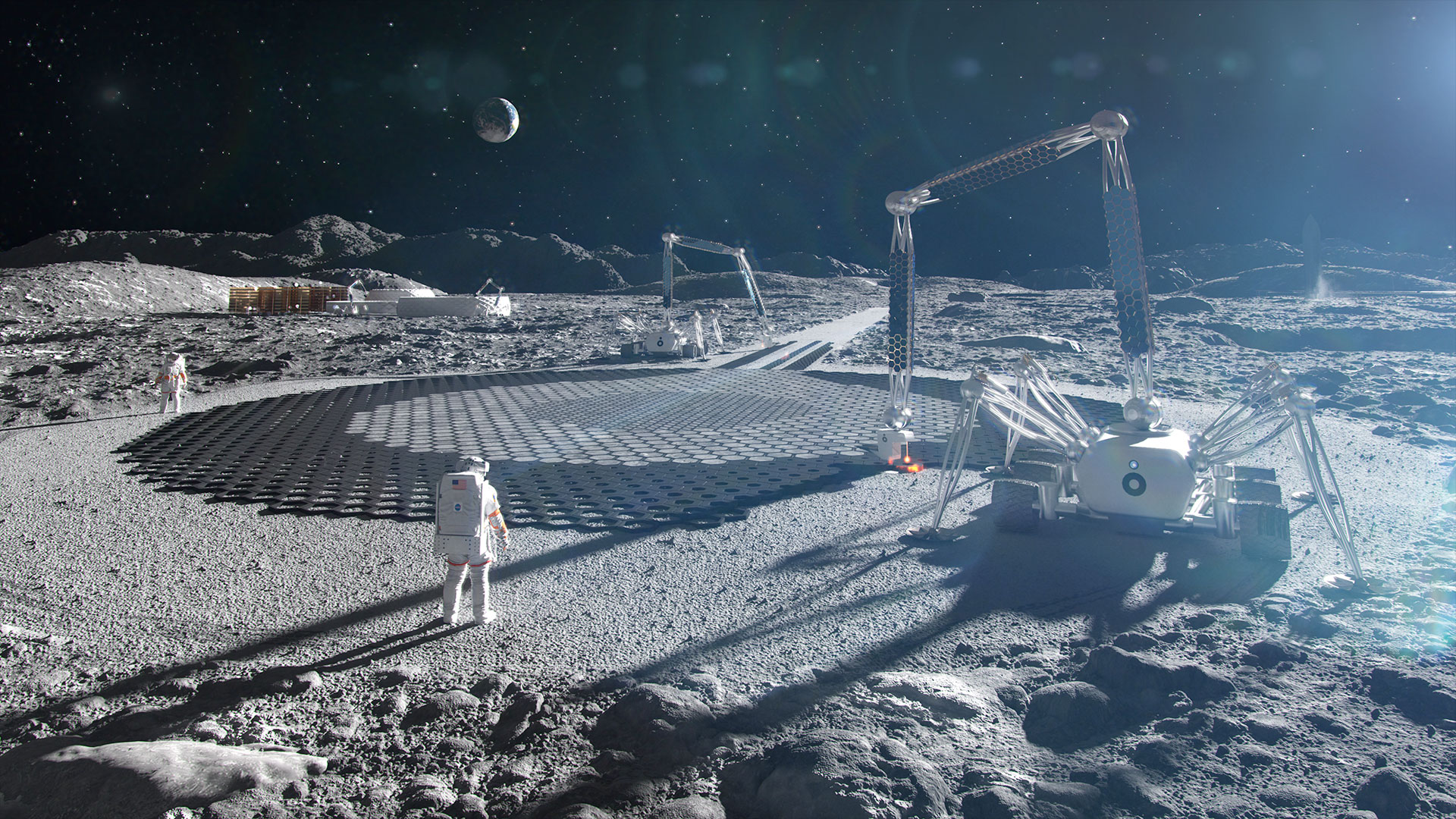Trump signs Space Policy Directive-7 on improving GPS cybersecurity

Breaking space news, the latest updates on rocket launches, skywatching events and more!
You are now subscribed
Your newsletter sign-up was successful
Want to add more newsletters?

Delivered daily
Daily Newsletter
Breaking space news, the latest updates on rocket launches, skywatching events and more!

Once a month
Watch This Space
Sign up to our monthly entertainment newsletter to keep up with all our coverage of the latest sci-fi and space movies, tv shows, games and books.

Once a week
Night Sky This Week
Discover this week's must-see night sky events, moon phases, and stunning astrophotos. Sign up for our skywatching newsletter and explore the universe with us!

Twice a month
Strange New Words
Space.com's Sci-Fi Reader's Club. Read a sci-fi short story every month and join a virtual community of fellow science fiction fans!
A new space policy highlights the fundamental role of the Global Positioning System (GPS) in securing the United States' safety and economic growth.
President Donald Trump on Friday (Jan. 15) issued Space Policy Directive-7 (SPD-7), which focuses on providing continuous access to U.S. space-based positioning, navigation and timing (PNT) services provided by GPS, as well as improving the performance and cybersecurity of GPS.
"Recognizing that space-based positioning, navigation, and timing (PNT) systems are increasingly critical to the American way of life, SPD-7 directs the pursuit of multiple and varied sources of PNT," Will Boyington, director of communications for the National Space Council, said in an emailed statement Friday. "SPD-7 directs an increase of cybersecurity for the Global Positioning System (GPS) and GPS-enabled devices, and acknowledges the potential for GPS to contribute to in-space applications."
Related: Presidential visions for space exploration: from Ike to Trump
The U.S. Space Force operates a constellation of GPS satellites that use radio navigation to provide positioning, navigation and timing information to military, commercial and civilian users worldwide. Space-based satellites are imperative for various technology and infrastructure, including the electrical power grid, communications, transportation, weather forecasting, and emergency response. SPD-7 aims to maintain American leadership in provisioning and responsible use of GPS, according to the directive.
This includes improving current GPS technologies, which supports the United State's ongoing effort to launch a new generation of GPS navigation spacecraft that beam down higher-power signals that are more resilient to jamming and boast additional broadcast frequencies to make the GPS network more compatible with other similar constellations. Four out of 10 planned advanced GPS III satellites have been launched to space to replace aging technology.
The new directive, which you can read here, also suggests that the increasing reliance on GPS for military, civil and commercial applications makes the system vulnerable. Therefore, SPD-7 emphasizes the need to prepare for potential signal loss and improve cybersecurity of GPS in the event signals are disrupted or manipulated.
Breaking space news, the latest updates on rocket launches, skywatching events and more!
In addition, the policy supports the use of foreign satellite-based PNT services to supplement GPS, and encourages "the development of alternative approaches to PNT services and security that can incorporate new technologies and services as they are developed, such as quantum sensing, relative navigation and private or publicly owned and operated alternative PNT services."
SPD-7 represents the first update to the U.S. policy on space-based PNT in more than 16 years. It also reinforces many of the points made in a February 2020 Executive Order, which emphasized the need for responsible use of PNT services.
President Trump also recently issued an Executive Order on Jan. 12 that promotes the development of small, modular nuclear reactors for national defense and space exploration. The order will "further revitalize the United States nuclear energy sector, reinvigorate America's space exploration program, and produce diverse energy options for national defense needs," according to a statement from the White House.
Nuclear reactors are used in a variety of applications on Earth, including generating power aboard submarines and aircraft carriers. Nuclear power is also essential to deep space exploration, and could be used to power future crewed missions on the moon and Mars. Therefore, the Executive Order suggests that developing small modular reactors will advance America's leadership and dominance across both terrestrial and space domains, according to the statement.
Follow Samantha Mathewson @Sam_Ashley13. Follow us on Twitter @Spacedotcom and on Facebook.

Samantha Mathewson joined Space.com as an intern in the summer of 2016. She received a B.A. in Journalism and Environmental Science at the University of New Haven, in Connecticut. Previously, her work has been published in Nature World News. When not writing or reading about science, Samantha enjoys traveling to new places and taking photos! You can follow her on Twitter @Sam_Ashley13.
